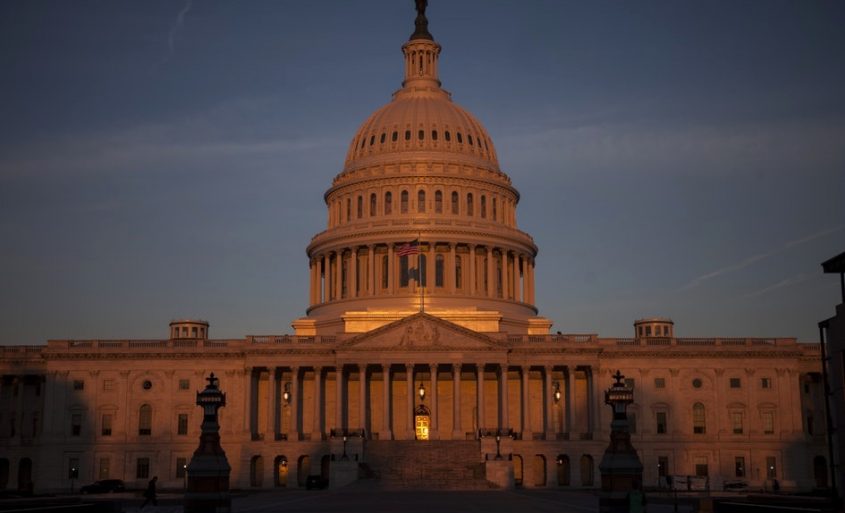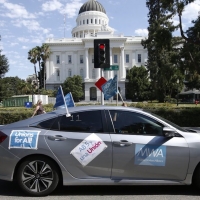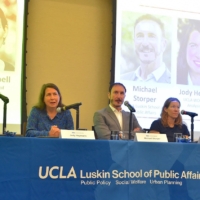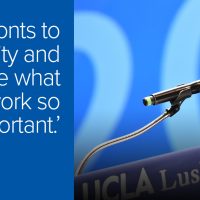Gilens Publishes Research on Campaign Finance Regulations
Public Policy Chair Martin Gilens‘ research into the impact of campaign finance regulations was published in American Political Science Review. Many scholars have expressed concern about the dominance of moneyed interests in American politics, and studies have shown that lobbying group interests and federal policies primarily reflect the desires of well-off citizens and well-funded interest groups, not ordinary citizens. While previous reports have faced difficulties drawing causal inferences from observational data, Gilens and his co-authors were able to analyze the effects of an exogenous change in state campaign finance law. The Supreme Court’s 2010 Citizens United decision held that corporations and unions have the same speech rights as individuals, and that corporate spending to influence elections does not give rise to corruption, as long as it is not coordinated with a political campaign. Gilens and his co-authors analyzed the impact of the ruling, which affected 23 states that had bans on independent expenditures by unions or corporations. After the bans were lifted under Citizens United, the states adopted more “corporate-friendly” policies on issues with broad effects on corporations’ welfare, they found. The authors concluded that “even relatively narrow changes in campaign finance regulations can have a substantively meaningful influence on government policy making.” The article, “Campaign Finance Regulations and Public Policy,” was written by Gilens, a professor of public policy, political science and social welfare; Professor Shawn Patterson Jr. of Southern Oregon University; and Professor Pavielle Haines of Rollins College. — Zoe Day










Leave a Reply
Want to join the discussion?Feel free to contribute!